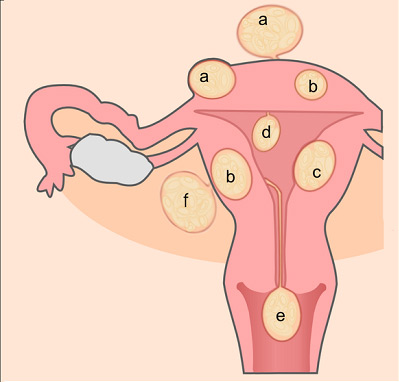Implantation bleeding can be one of the early signs of pregnancy, something that happens to about a third of every woman who conceives. If you notice light bleeding that looks like small, brown, or pink spots and you think you could be pregnant, you might be experiencing implantation bleeding. A fertilized egg might have travelled down to the fallopian tube and inside the uterus to implant itself in the uterine lining. If this happens, the tissue that develops around the egg might damage some of the blood vessels inside the uterus and cause a small amount of blood to leak from the cervix and go down to the vagina.
How to Recognize Implementation bleeding
You can start by examining the quantity and color of the bleeding as this will help you to distinguish between the start of your regular menstrual cycle and pregnancy implantation. Implantation bleeding is usually lighter in color and is of lower quantity. There are times when it’s continuous spotting for several hours or just a single spot.
Typically implantation bleeding consists of a brownish or pink tint discharge. It’s usually lighter than menstrual blood since it takes time to travel from out of the uterine wall through to the vagina. It’s relatively light bleeding that only lasts for a couple of days. In some cases, the flow resembles a very light period and this is the reason why the two are confused. Most women have menstrual blood that is redder in color and becomes heavier in one or two days.
Consider the timing of the bleeding. During pregnancy this type of bleeding normally occurs six to twelve days after conception, closer to the time when you expect the next menstrual cycle. If over one or two months has passed since the last time when you had sex then it is unlikely for you to have implantation bleeding.
As mentioned before, implantation bleeding can be confused with a normal period and some women have discovered that they are pregnant for a month more than what was estimated originally.
Cramps could indicate that you have implantation bleeding. Pregnancy bleeding that comes from implantation might include mild cramping because the egg is implanted and the uterus changes to house the embryo. But, cramping with this bleeding is normally much lighter than what you would experience with regular periods. If abdominal cramping increases continuously it could be a regular period or some pregnancy problem. In some instances, the pain may be associated with a medical condition that is completely different.
Be sure to get any pain checked out by a doctor if it does not seem to be associated with your normal period and is not subsiding on its own after a couple of days. You should also see your doctor as soon as possible if the pain continues to exaggerate or if you have developed other symptoms such as chills, fever, or heavy bleeding.
Here are some other symptoms to look for:
Nauseous feeling: Most expectant mothers experience morning sickness in the early part of their day. It is a nausea feeling and a dislike for smells which had no previous effect on you, like the scent of your favorite perfume. You might even start to vomit in the morning, a sure sign that something is going on.
Feelings of fatigue: Most women are fatigued in the first trimester of pregnancy. Your pregnancy might cause you to feel unusually tired when you are getting a lot of rest and feels overly burdened for no reason.
Check for any soreness in the breasts: It is common for women to have tender and sore breasts during pregnancy. If you are expecting, your breasts are going to get larger and the nipples might grow and darken. However, you could also have sore breasts if you are about to have your period.
Dizzy feeling: You might be pregnant if you are getting dizzy suddenly after standing up quickly, walking up-stairs or for absolutely no reason at all.
Mood swings: Pregnant women experiences serious hormonal changes which can impact their mood significantly. You could find yourself feeling extremely happy one minute and crying the next for no reason. You might also start to sob suddenly whilst watching corny movies or seeing news with sad stories. Of course, keep in mind that mood swings are a pre-menstrual symptom as well.
Change in bathroom habits: You might be pregnant if you are urinating more frequently or you are suddenly constipated without having any problems with your bowels.
Last but not least, you should see a doctor if you are experiencing most of these symptoms and still believe that you are not pregnant. A healthcare professional is the right person to tell if what you are experiencing is implantation bleeding. You can make an appointment to see your doctor or go to your local clinic or hospital. Aside from that, you could take a pregnancy test at home, but remember that you are more likely to get accurate results at the doctor.



I saw my period on the 4th DEC. On 1st Jan. 2016 I started seeing small blood only when I put my hand inside but before then I’ve been seeing white discharge but on 2nd I started seeing heavy blood with serious pains and clothing lasted 4 days the 5th day which was yesterday 6th 2016 I didn’t use any pad because it wasn’t rushing but only stain I only see it when I go to urinate but today 7th am feeling some can pain and discharge watery and so how white pls what is the cause .
Hello,This could be Bacterial Vaginosis Which is similar to a yeast infection,or you could be pregnant if you had unprotected sex take a pregnancy test. Visit your doctor if you are still in discomfort.